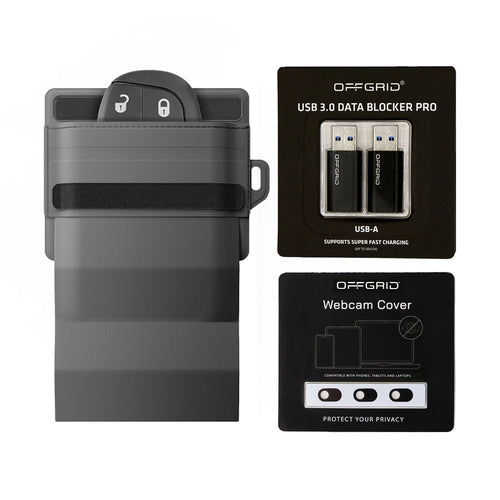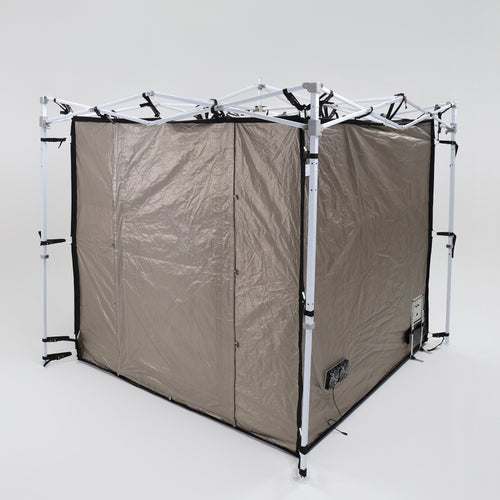Staying connected while you’re far from civilization is easier than ever, but it also opens the door to risks most people don’t think about. When you’re traveling off the grid, your devices become your lifeline. Keeping them secure isn’t optional. Here’s a clear, practical guide to protecting your phone, laptop, and other digital gear when you’re exploring remote places.
Why Device Security Matters Off the Grid
When you’re away from reliable networks or support, even small security issues can turn into major problems. Unsecured devices can expose your personal data, location, and communications. They’re also more vulnerable to tampering and physical theft. A few smart habits can make you a lot safer.
Use Strong Offline Security
When you lose connectivity, your device’s built-in security becomes the main line of defense. Make sure you have:
-
A strong, unique passcode
-
Biometric authentication
-
Full-disk encryption enabled
-
Auto-lock set to a short timer
These basics protect your device even if someone gets their hands on it.
Reduce Your Digital Footprint Before You Go
Traveling with fewer digital traces makes you harder to track and limits what you’d lose if a device is compromised. Before heading out:
-
Remove unnecessary apps
-
Log out of accounts you won’t use
-
Clear browsing data
-
Download only essential files for offline use
This keeps your attack surface small and manageable.
Avoid Public and Untrusted Networks
When you’re off the grid, you may rely on whatever network you can find, including public Wi-Fi or random hotspots. These are easy targets for interception. If you must connect:
-
Use a trusted VPN
-
Disable auto-connect to Wi-Fi networks
-
Keep Bluetooth off when not in use
-
Turn on hotspot only when needed and with a strong password
The less time you spend on unknown networks, the safer you’ll be.
Protect Your Location Data
Traveling off the grid often means sharing your location with apps, devices, or friends. That information is sensitive. Take a moment to:
-
Disable unnecessary location permissions
-
Turn off location services completely when not needed
-
Avoid posting real-time location updates
-
Use offline maps instead of online tracking tools
Location privacy is just as important as device security.
Guard Your Power Sources
When devices rely on external batteries or solar chargers, people often plug in without thinking. But power access points can pose risks too. Only use:
-
Trusted power banks
-
Verified charging cables
-
Secure charging stations
-
USB data blockers if you must plug into unknown ports
Simple hardware attacks are more common than you might think.
Keep Your Gear Physically Secure
Device theft is still the most common threat when traveling. A few easy habits go a long way:
-
Keep devices out of sight when not in use
-
Use protective cases and waterproof bags
-
Label your gear discreetly
-
Carry a small tracking tag for your most valuable devices
-
Turn on “Find My Device” features before leaving
A little prevention saves a lot of trouble.
Update Everything Before You Leave
Software updates aren’t fun, but outdated systems are easy targets. Before heading off grid:
-
Update your OS
-
Update all apps
-
Update your VPN and security tools
-
Download offline backups of critical data
Once you’re remote, you might not be able to update — or you may be forced to do it over an insecure network.
Final Thoughts
Traveling off the grid is freeing, but your devices still need protection. Secure them before you go, stay aware of the networks you use, and be thoughtful about how you manage data and power on the road. A little preparation can keep your information safe while you enjoy the adventure.




